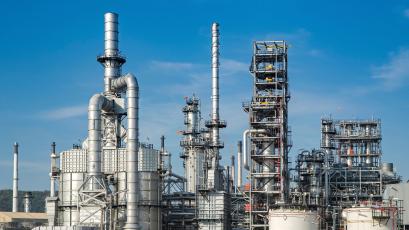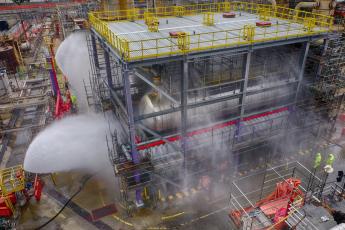California Ban on Gas & Diesel Cars and Trucks Should Concern Every American
AFPM president and CEO Chet Thompson issued the following statement in response to a vote of the California Air Resources Board (CARB) approving California’s Advanced Clean Cars 2 regulation, establishing an escalating ban on the sale of gasoline and diesel-fueled cars and trucks, culminating with a 100% ban by 2035. "California’s radical ban on gasoline- and diesel-fueled cars and trucks will have devastating implications for consumers, energy security and the U.S. manufacturing economy. It is critical that President Biden and the EPA reject California’s request for a Clean Air Act waiver to proceed with this unlawful ban."









